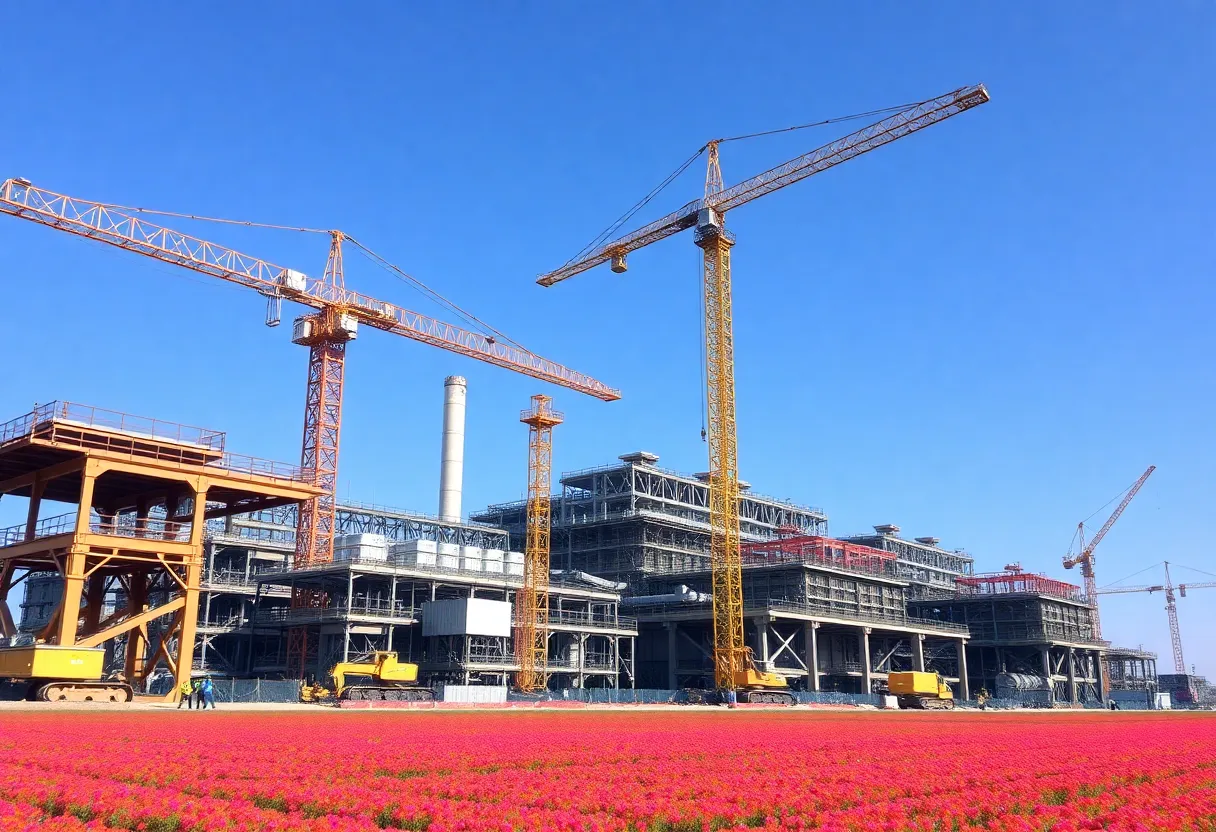News Summary
Texas has introduced bill HB 1709, introducing stringent regulations on AI use, particularly in healthcare, finance, and legal services. The bill aims to prevent risks such as algorithmic discrimination and ensures compliance with detailed documentation requirements. Critics are concerned about potential hindrances to innovation as the state seeks to position itself as a tech leader. This legislation could impact investments, raising questions about balancing consumer protection with fostering technological advancement.
Texas has introduced a groundbreaking bill, HB 1709, aimed at regulating the use of artificial intelligence (AI). This legislation is being recognized as one of the most aggressive AI regulatory efforts in the United States, drawing comparisons to similar regulations in California and Europe.
HB 1709 seeks to address significant risks associated with AI, particularly concerning critical sectors such as healthcare, finance, and legal services. The bill proposes a comprehensive framework for ethical and transparent AI usage while imposing strict obligations on developers, deployers, and distributors of AI systems. This includes a monitoring system that evaluates AI technologies based on the level of risk they pose, especially in areas where implications can affect public welfare.
The proposed legislation mandates several key provisions. Firstly, it requires the prevention of algorithmic discrimination and compels companies to implement data security measures along with annual impact assessments of their AI practices. Additionally, the bill outlines that AI systems perceived to pose an “unacceptable risk” will be banned; this includes technologies that manipulate human behavior, employ social scoring, or capture biometric information without user consent.
Compliance plays a crucial role within HB 1709. Companies will need to maintain thorough documentation, which includes reports for high-risk AI systems and notifications in instances of regulation violations. Noncompliance can lead to steep penalties, which range from $50,000 to $200,000 for each violation, or daily fines that may vary from $2,000 to $40,000 if the violations persist.
The primary goal of the legislation is to mitigate biased AI systems and ensure essential protections for public interests. However, it has faced criticism from various sectors. For example, no less than experts in technology regulation have voiced concerns that this approach could hinder innovation in Texas. Notably, this criticism is compounded by the existence of existing state and federal anti-discrimination laws, which already address issues surrounding algorithmic discrimination, suggesting that the added regulatory framework may be superfluous.
The bill could have a significant impact on large-scale projects such as the Stargate Project, which is touted as the largest AI infrastructure initiative in history, involving notable partnerships with major companies like OpenAI, SoftBank, and Oracle. Concerns arise that this regulatory approach might stifle innovation and investment within the state, especially as Texas strives to assert itself as a leader in AI development through substantial investments in technological initiatives.
HB 1709 reflects regulatory strategies similar to those proposed in the European Union’s AI Act, which has also been criticized for potentially stifling innovation. Critics fear that such stringent regulations may drive companies away from Texas, jeopardizing the state’s reputation as an emerging hub for technology firms.
Compliance obligations under HB 1709 can potentially create administrative burdens for tech companies. Among these, firms must update their compliance documentation with any substantial changes made to their AI systems, which could slow down the rapid pace of AI advancements. Furthermore, the enforcement powers granted to the state Attorney General allow for the investigation of violations and the imposition of significant financial penalties, raising additional concerns around operational feasibility for organizations working with AI technologies.
As Texas moves forward with this legislation, policymakers are urged to carefully weigh the need for consumer protection against the critical need to maintain an environment conducive to innovation. The ultimate balance may determine whether Texas can continue to attract investments and retain its status as a technology leader in an increasingly competitive field.
Deeper Dive: News & Info About This Topic
- Forbes: Texas HB 1709 – The AI Law Every Employer Needs to Know About
- KXAN: Texas House Discusses Putting Guardrails on Artificial Intelligence
- Dallas Innovates: What Happens in Texas – How the Lone Star State Could Lead the Way on Federal AI Regulation
- Google Search: AI regulation Texas
- Houston Chronicle: Texas AI Regulation Boom
- Encyclopedia Britannica: Artificial Intelligence
Author: STAFF HERE GEORGETOWN
The GEORGETOWN STAFF WRITER represents the experienced team at HEREgeorgetown.com, your go-to source for actionable local news and information in Georgetown, Williamson County, and beyond. Specializing in "news you can use," we cover essential topics like product reviews for personal and business needs, local business directories, politics, real estate trends, neighborhood insights, and state news affecting the area—with deep expertise drawn from years of dedicated reporting and strong community input, including local press releases and business updates. We deliver top reporting on high-value events such as the Red Poppy Festival, Georgetown Swirl, and Christmas Stroll. Our coverage extends to key organizations like the Georgetown Chamber of Commerce and the Downtown Georgetown Association, plus leading businesses in manufacturing and tourism that power the local economy such as local wineries and historic downtown shops. As part of the broader HERE network, including HEREaustin.com, HEREcollegestation.com, HEREdallas.com, HEREhouston.com, HEREgeorgetown.com, and HEREsanantonio.com, we provide comprehensive, credible insights into Texas's dynamic landscape.






